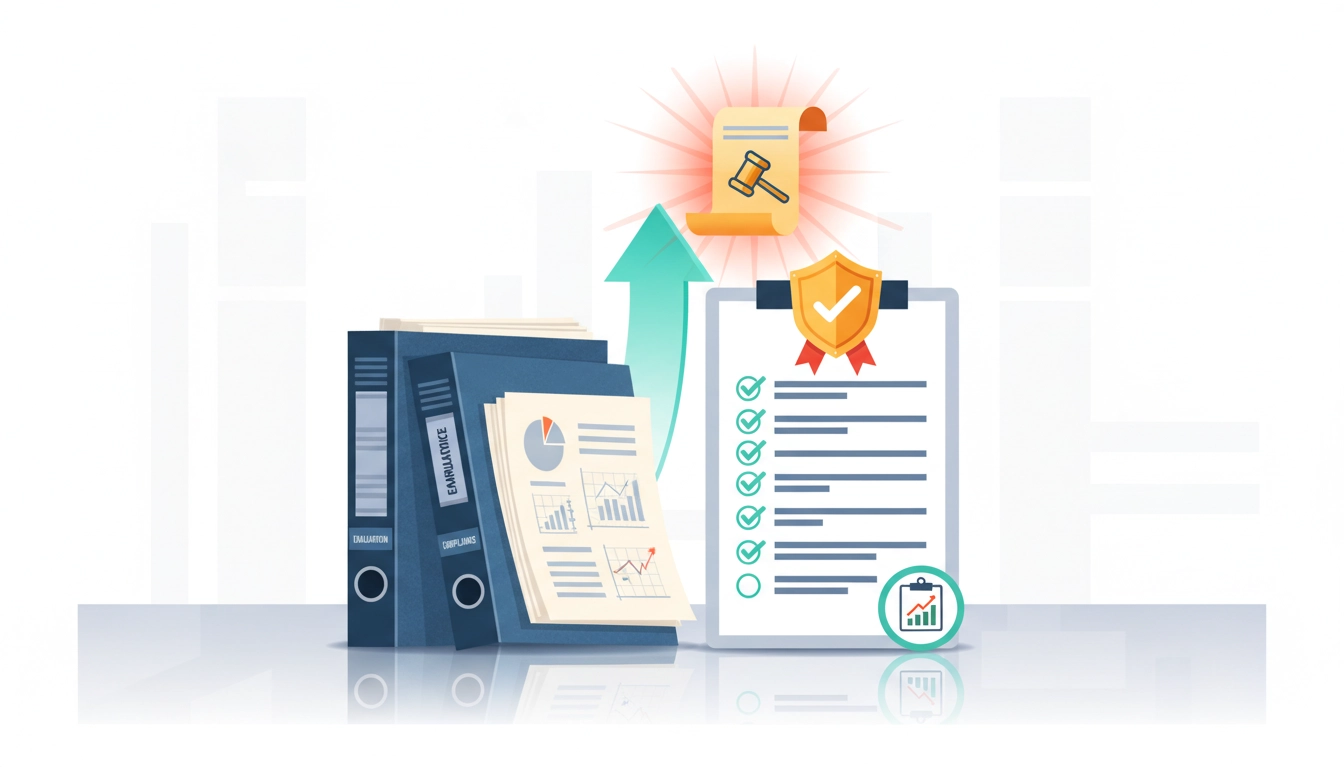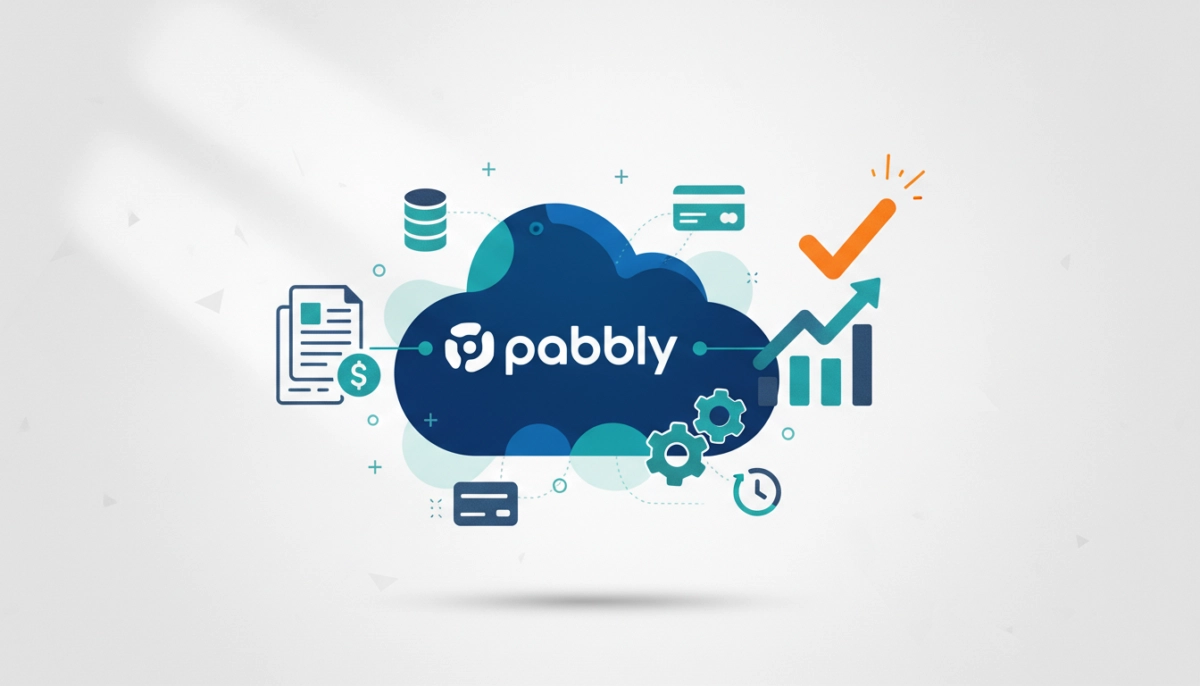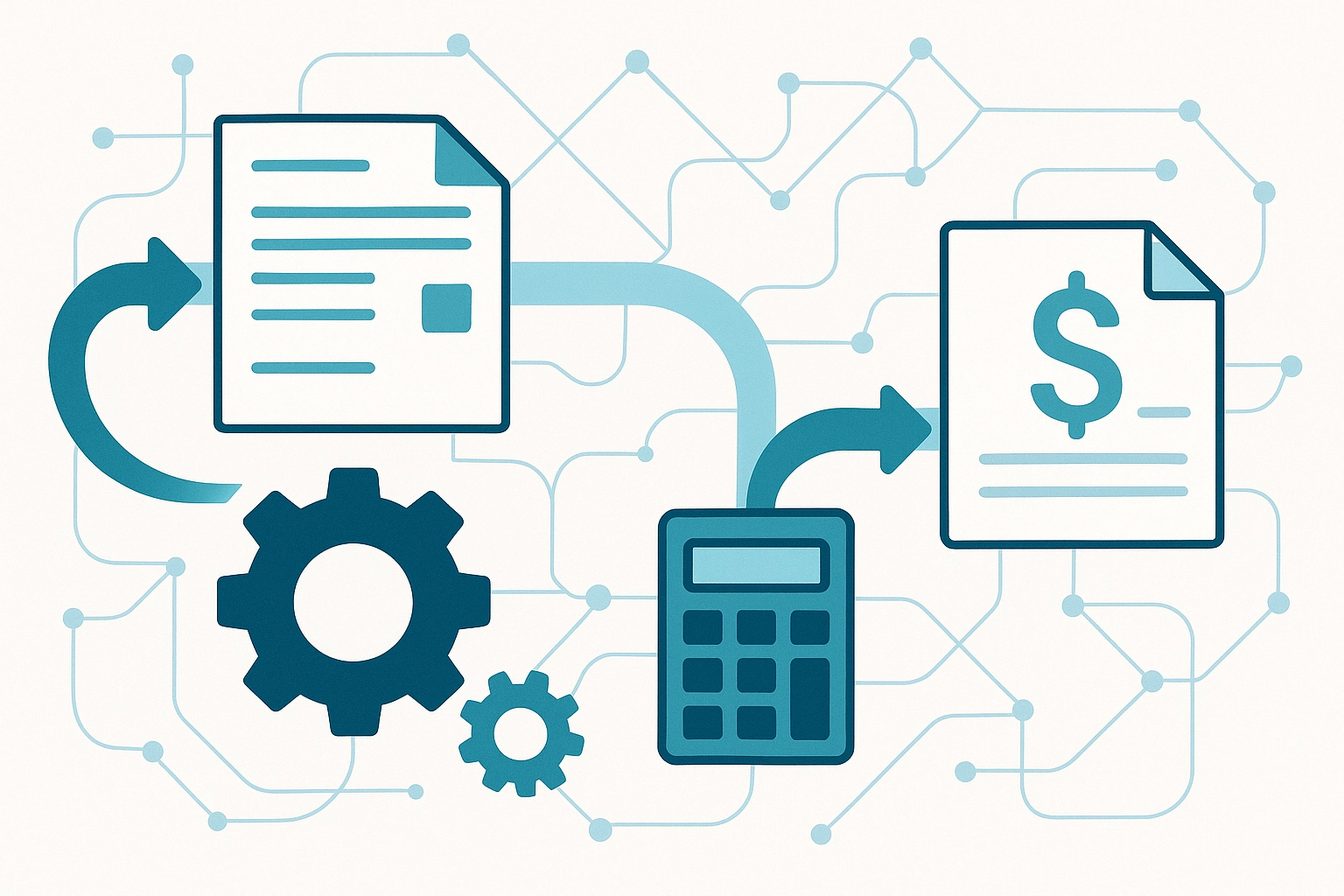In recent years, we’ve heard a lot about a new, more efficient and faster way of doing business – cloud accounting. However, despite being a relatively new approach to business, many companies and accounting firms are not aware of all the benefits of cloud business in our field.
Global trends have long shown that cloud accounting is a more modern and advanced option compared to “on-premise” systems, i.e. solutions installed and placed on a local server in the company.
Let’s start by explaining…
Traditional (on-premise) accounting uses traditional accounting software, i.e. software installed on a company’s computer that is used for keeping the company’s books and other administrative tasks. The data is mainly stored and kept on these computers.
Cloud accounting is accounting where both the accounting software and the data are hosted on a remote server that is not owned by a particular business. Cloud accounting software performs the same functions as traditional accounting software, the only difference being its location, mobility, and price. It is not necessary to install and maintain software on individual computers or company servers with cloud accounting software. It is all taken care of for you.
The main difference is that cloud accounting software is “hosted” on remote servers and business data is sent to the “cloud” where it is processed and stored. From there the user can “retrieve” it at any time. Therefore, the internet is necessary for cloud accounting software to work. 
And the cost?
Precisely because of this fact, it is possible to point out one of the differences that definitely interests all users of business solutions.
In the case of “on-premise” accounting, the company must invest in all the necessary equipment from the very beginning. This includes servers on which data are stored and processed, as well as devices for storing copies of data. The amount of investment depends on the functionality that the hardware should have. In addition, the initial investment includes the purchase of licenses for certain software (operating system, antivirus programs, etc.).
The situation is quite different with the cloud. For the needs of cloud accounting, the initial costs are much lower. It is not necessary to buy servers for data storage and processing, devices for storing copies of data, licenses for antivirus programs. In addition, the individual computers on which the data are created and from which the data are sent to the “cloud” (i.e. the remote server) can have lower power than in traditional accounting, which means that they are cheaper.
Purchased hardware and equipment need to be maintained, which leads to maintenance costs. These costs are much lower with Cloud Accounting as cheaper hardware is used. Also, with on-premise accounting, data storage must be provided, which is an additional cost.
With cloud accounting, the cost of using cloud computing services is paid on a monthly basis. How safe is all this?
Let’s simplify and put it this way – Is the money you own safer in your wallet or bank safe? We are sure that you keep more money in the bank for a reason. Floods, fires, burglaries, earthquakes, other forms of destruction of tangible assets are real potential threats to hardware, software and data in traditional accounting. Cloud accounting software and data are stored away from the company itself on secure servers. Servers are monitored by the company that keeps them, and are safe from network attacks.
There are reasons why implementing an ERP system in a company is said to be a long and demanding process. Those who have implemented the “on-premise” solution are themselves witnesses to the amount of preparation and ultimately effort that had to be invested to make the system work. With the introduction of the cloud, there is still an implementation, but no longer in the technical sense, but in the business customization sense. There is no need to worry about the structure of your devices, all you need is an ability to adapt.
How much time, new devices, frustration and waiting it takes to enable the most efficient business software. Switching devices that didn’t meet the on-premise requirements, and the time invested by employees.
On the other hand, in cloud accounting, it is relatively easy and fast to achieve an increase, but also a decrease in the volume of use of cloud computing services. Everything is online, everything is quick and easy, and as we mentioned earlier, it requires much less advanced computer equipment.
Click – click, and there it is!
Since accounting data, information and reports are the main factors for many business decisions. This availability of data provides an additional advantage for cloud accounting. Namely, the company’s information system using cloud computing enables the company to adopt new strategies, greater flexibility, and workforce mobility. But for the information system to make this possible, cloud accounting must also be integrated into it.
In traditional accounting, in order to access data outside the company, the company needs an Internet connection at all times. As well as the uninterrupted operation of the servers where the data resides. It is also necessary to have the appropriate software installed.
With Cloud Accounting, data can be accessed at any time using any electronic device that uses a web browser (i.e. including a mobile phone, tablet, etc. without  any limitation on the processing power of the mobile device).
any limitation on the processing power of the mobile device).
Implementing Cloud Accounting can help reduce business costs and increase employee productivity.
Remember that it is easy to get used to the good and that’s why we are here ? Invoice Crowd simplifies invoicing, expense tracking and accounting, saving you time and money. Generate a professional invoice in a matter of seconds. So, when we are talking about good thing than you should consider one of the best solutions for you Invoices.
One Click away, easy to use and in line with 21. Century. Don’t forget that every step of your business should follow the time that you’re living in.



